In the dimly lit corridors of abandoned research facilities and forgotten servers, a new breed of digital alchemists is at work. These modern-day prospectors aren’t panning for gold in rivers—they’re sifting through terabytes of discarded data, breathing life into failed experiments through the power of artificial intelligence. This emerging discipline, colloquially termed "Dark Data Alchemy," is quietly revolutionizing how we perceive scientific failure and technological redemption.
The concept hinges on a simple but profound realization: most experiments fail, but their data rarely does. Across industries, from pharmaceuticals to particle physics, researchers generate mountains of information that never sees the light of publication. These digital ghosts—unloved, unanalyzed, and often unbacked-up—represent what experts now call the dark matter of the scientific universe. Unlike their cosmological counterparts, however, these datasets aren’t invisible due to physical properties but because of human oversight, publishing biases, or the simple tyranny of negative results.
Enter machine learning algorithms capable of finding patterns where humans saw only noise. At Stanford’s Computational Discovery Lab, a team recently trained neural networks on 40 years’ worth of abandoned cancer drug trials. The AI didn’t just identify promising compounds overlooked in original studies—it reconstructed complete biochemical pathways explaining why certain "failures" might succeed with slight molecular tweaks. "We’re not just recycling data," explains lead researcher Dr. Elena Voss, "we’re performing postmortems on scientific ghosts to understand why they died—and whether their deaths were premature."
The implications extend far beyond academia. Industrial giants like Siemens and GE now maintain dedicated "data archaeology" teams scouring decades-old engineering tests. One breakthrough came when an AI cross-referenced 1970s turbine stress tests with modern material science databases, revealing an alloy combination that could reduce jet engine wear by 18%—a solution hidden in plain sight for nearly half a century. Meanwhile, tech startups are applying similar techniques to everything from vintage video game code to defunct social media platforms, mining defunct digital ecosystems for usable innovations.
Critics argue this trend represents intellectual grave-robbing, raising ethical questions about data ownership and researcher attribution. The legal landscape remains murky—while most institutions formally own experimental data, few have policies covering AI-driven repurposing of abandoned studies. A recent controversy erupted when a pharmaceutical company patented a depression treatment derived from a university team’s unpublished work, leading to calls for "data stewardship" standards governing secondary usage.
Yet practitioners counter that knowledge shouldn’t remain buried due to bureaucratic or commercial sensitivities. The Dark Data Alchemy movement has birthed unconventional collaborations, like the Open Necropolis Project—a global registry where researchers can voluntarily inter their "failed" datasets for algorithmic resurrection. Early results suggest these digital cemeteries yield more breakthroughs per terabyte than conventional repositories, precisely because they contain the messy, uncurated reality of scientific exploration.
As the field matures, its tools grow more sophisticated. Generative AI now reconstructs incomplete datasets by inferring missing variables, while quantum annealing algorithms tackle corrupted files from obsolete storage formats. Some teams even employ "contrarian neural networks" specifically designed to challenge established conclusions—a digital devil’s advocate probing whether original researchers dismissed their data too hastily.
The philosophical ramifications may ultimately prove as significant as the practical applications. Dark Data Alchemy forces a reckoning with science’s perfection myth, suggesting that progress depends not just on brilliant successes but on our ability to learn from intelligent failures. In an era drowning in information yet starving for wisdom, these new alchemists remind us that gold often lies not in the answers we find, but in the questions we prematurely abandoned.

By /Aug 14, 2025

By /Aug 14, 2025

By /Aug 14, 2025
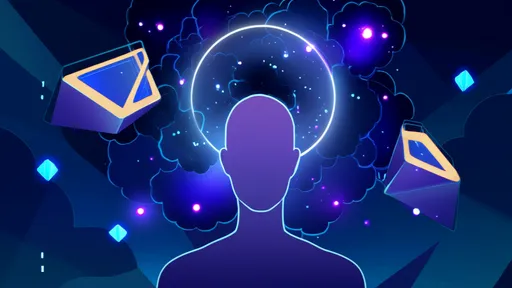
By /Aug 14, 2025

By /Aug 14, 2025

By /Aug 14, 2025
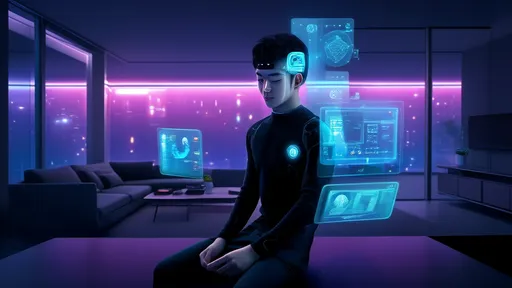
By /Aug 14, 2025
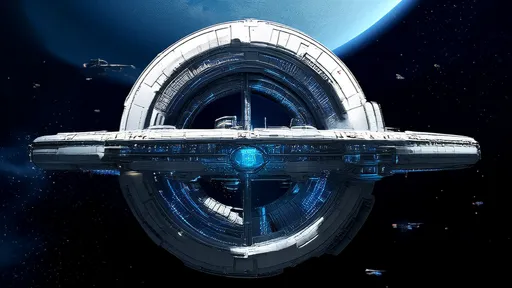
By /Aug 14, 2025

By /Aug 14, 2025

By /Aug 14, 2025
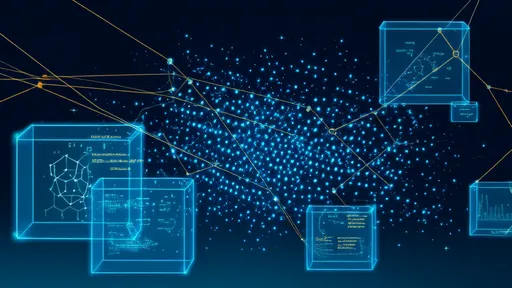
By /Aug 14, 2025

By /Aug 14, 2025

By /Aug 14, 2025
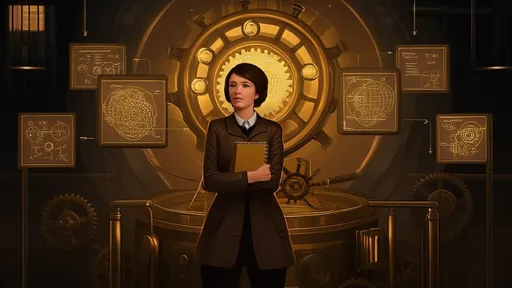
By /Aug 14, 2025
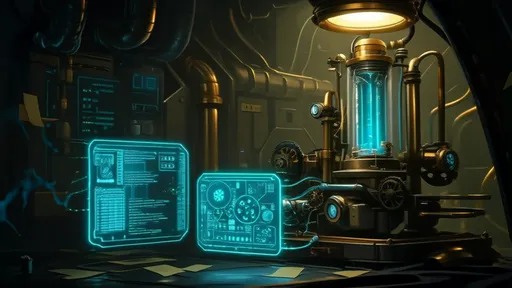
By /Aug 14, 2025
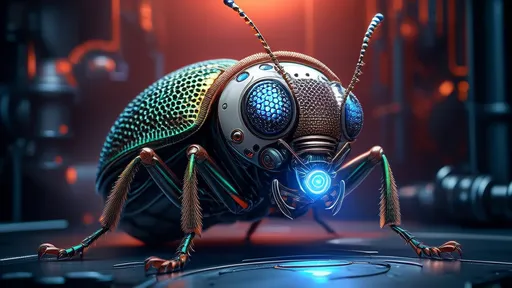
By /Aug 14, 2025

By /Aug 14, 2025

By /Aug 14, 2025
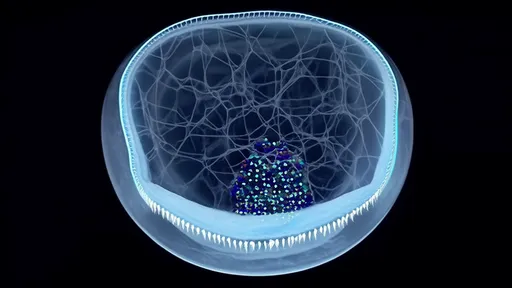
By /Aug 14, 2025

By /Aug 14, 2025